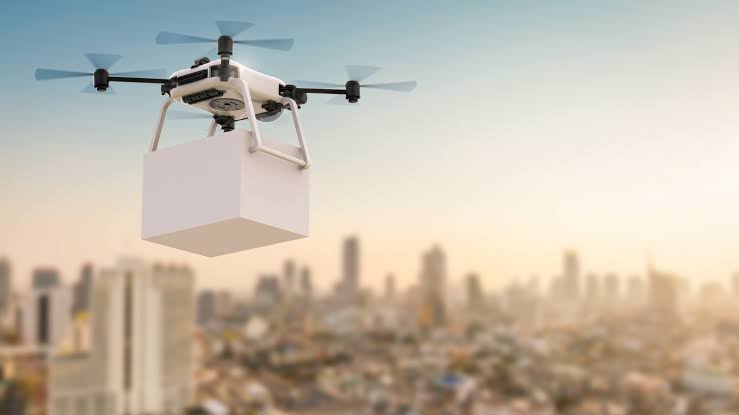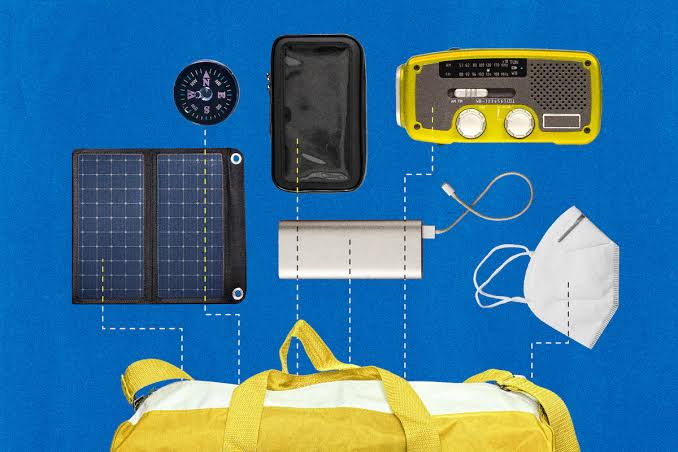Drone technology has evolved from a niche innovation into a transformative tool across multiple industries. As of 2025, drones are no longer limited to recreational use or military operations—they are essential in sectors such as agriculture, logistics, filmmaking, infrastructure, and environmental monitoring. With advancements in artificial intelligence, automation, battery efficiency, and 5G connectivity, drones are becoming smarter, faster, and more reliable. The future of drone technology promises even broader applications that will redefine how we work, live, and interact with our environment.
Advancements Driving the Future of Drone Technology
Modern drones are benefiting from a combination of hardware and software improvements that enhance performance and expand their capabilities:
- AI and Machine Learning: Drones can now analyze data in real time, navigate autonomously, and make decisions without human input.
- 5G Connectivity: High-speed networks support faster communication between drones and control systems, essential for real-time operations.
- Enhanced Battery Life: Innovations in battery technology and solar-powered drones extend flight duration.
- Advanced Sensors and Cameras: High-resolution cameras, thermal imaging, LiDAR, and environmental sensors increase drone versatility.
- Swarm Technology: Multiple drones can coordinate with each other to perform complex tasks efficiently.
These advancements set the stage for new commercial, industrial, and humanitarian applications.
Drone Applications in Commercial Industries
1. Agriculture and Precision Farming
Drones are transforming modern agriculture by enabling precise and sustainable farming practices:
- Crop health monitoring with multispectral imaging
- Soil and irrigation analysis for efficient water use
- Targeted spraying of fertilizers and pesticides
- Yield prediction through data-driven insights
Farmers benefit from increased productivity, reduced costs, and minimized environmental impact.
2. Logistics and Delivery Services
E-commerce and logistics companies are adopting drones to speed up deliveries:
- Last-Mile Delivery: Companies like Amazon and UPS are piloting drone programs for rapid package delivery.
- Medical Supply Transport: Drones deliver vaccines, blood, and essential medicines to remote or disaster-stricken areas.
- Warehouse Automation: Indoor drones assist with inventory management and stock monitoring.
By reducing delivery times and transportation costs, drones are reshaping the logistics industry.
3. Infrastructure Inspection and Maintenance
Drones offer a safer and more cost-effective way to monitor critical infrastructure:
- Inspecting bridges, power lines, pipelines, and railways
- Detecting structural damage with high-resolution imaging and thermal scans
- Reducing the need for human inspectors in hazardous environments
This application enhances safety while cutting operational costs for utility and construction companies.
4. Filmmaking and Media Production
The film and entertainment industry relies heavily on drones for capturing stunning aerial footage:
- Cinematic shots for movies, documentaries, and commercials
- Live event broadcasting with dynamic aerial perspectives
- Affordable aerial photography compared to helicopters
Advancements in camera stabilization and 8K video recording elevate the quality of visual storytelling.
Humanitarian and Environmental Applications
Drones are increasingly used to support global humanitarian and environmental efforts:
- Disaster Response: Delivering aid, assessing damage, and locating survivors after natural disasters
- Environmental Monitoring: Tracking wildlife, monitoring deforestation, and studying climate impact
- Pollution Control: Identifying sources of air or water pollution in real time
- Search and Rescue: Thermal imaging drones assist in locating missing persons in difficult terrains
These applications showcase the potential of drones to drive positive social and environmental change.
Military and Security Uses
While drones have long been part of military operations, future developments focus on more sophisticated and ethical applications:
- Surveillance and Reconnaissance: Collecting real-time intelligence with minimal risk to personnel
- Border and Facility Security: Monitoring restricted areas and alerting authorities to potential threats
- Autonomous Combat Drones: Limited human intervention in defensive and offensive operations
However, these advancements raise important ethical and regulatory considerations.
Emerging Trends in Drone Technology
- Urban Air Mobility (UAM): Drones will evolve into air taxis for urban passenger transport.
- AI-Driven Swarms: Coordinated drone fleets for large-scale agricultural, military, or emergency operations.
- Underwater and Space Drones: Exploration of oceans and extraterrestrial environments for research and mining.
- Integration with IoT and Smart Cities: Drones will communicate with smart infrastructure for tasks like traffic monitoring and environmental data collection.
Challenges and Considerations
Despite their potential, drones face several challenges:
- Airspace Regulation: Governments must manage shared airspace to prevent collisions and ensure safety.
- Privacy Concerns: Drone surveillance raises ethical and legal issues regarding personal privacy.
- Cybersecurity Risks: Connected drones are vulnerable to hacking and data breaches.
- Environmental Impact: Noise pollution and wildlife disturbance require careful management.
Addressing these challenges will determine the sustainable and responsible future of drone technology.
Conclusion
The future of drone technology and applications is full of promise, with drones poised to revolutionize industries, improve efficiency, and support humanitarian and environmental missions. Advances in AI, 5G, and battery technology will enable drones to operate more autonomously and handle complex tasks. While regulatory, ethical, and security concerns remain, ongoing innovation ensures that drones will continue to play a central role in shaping the modern world. By embracing these technologies responsibly, society can unlock the full potential of drones for both commercial and social good.



